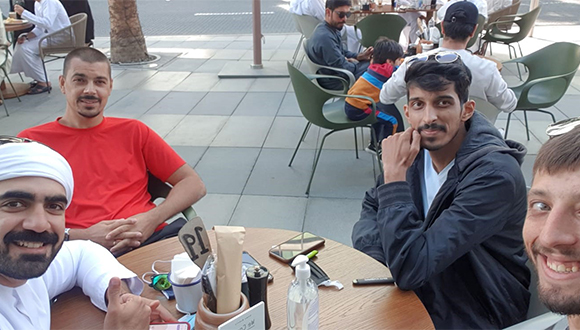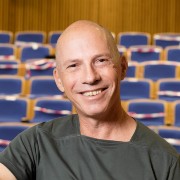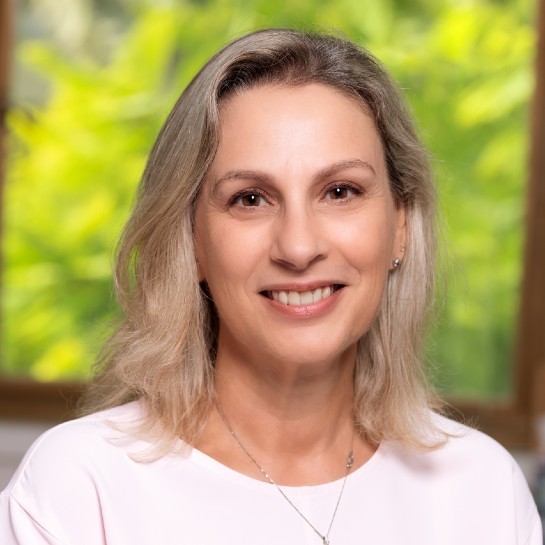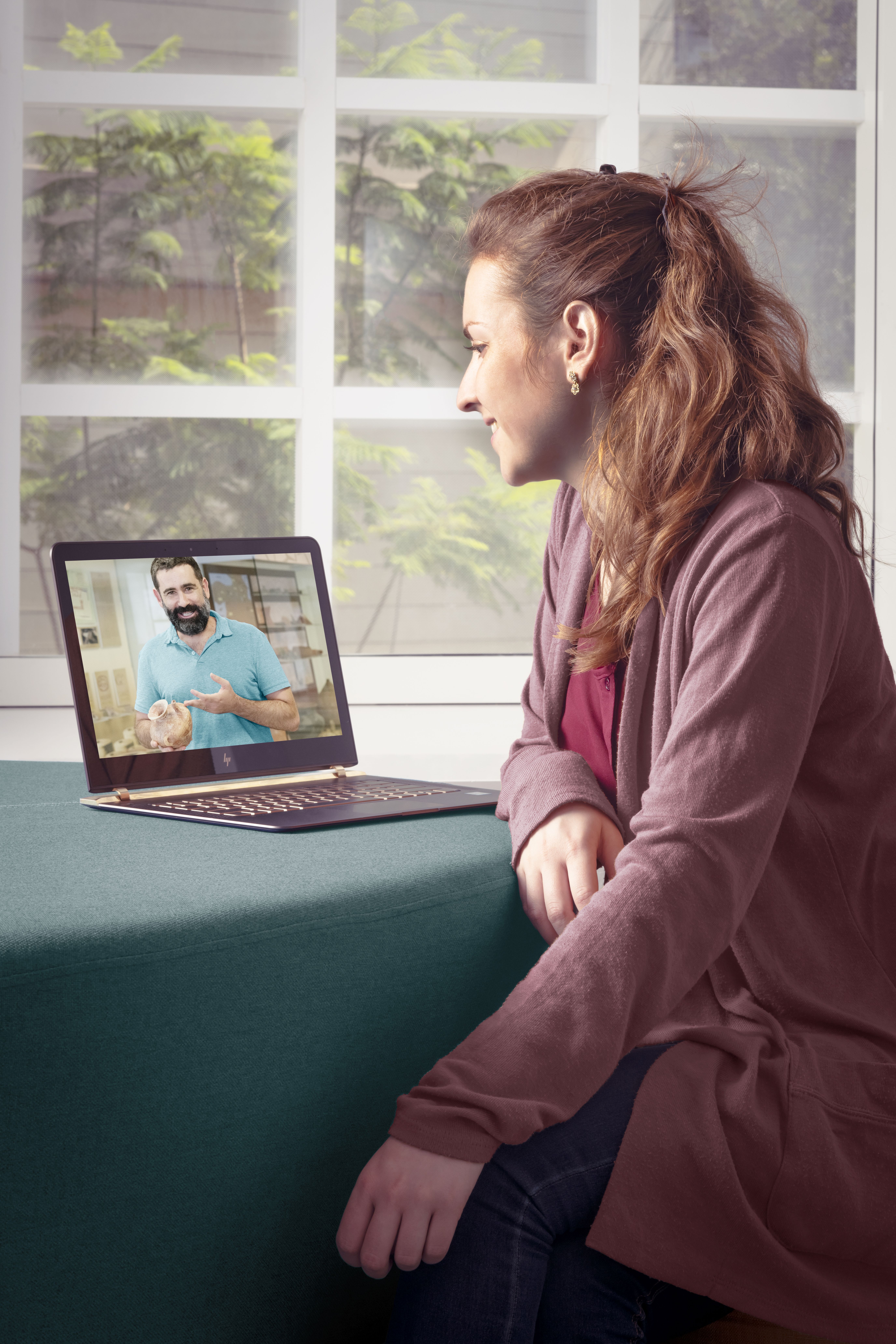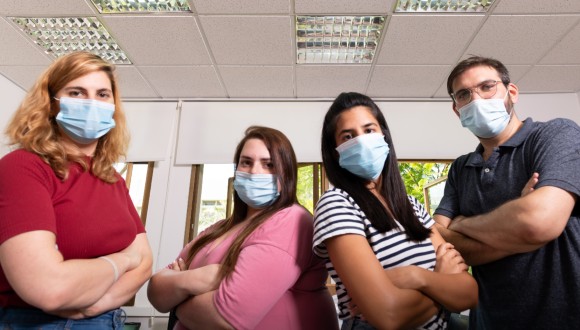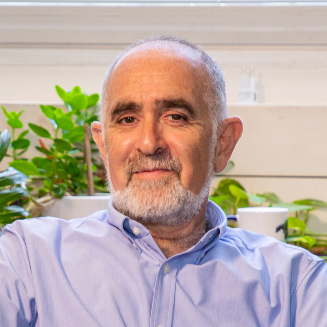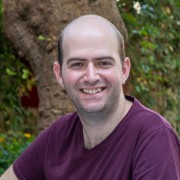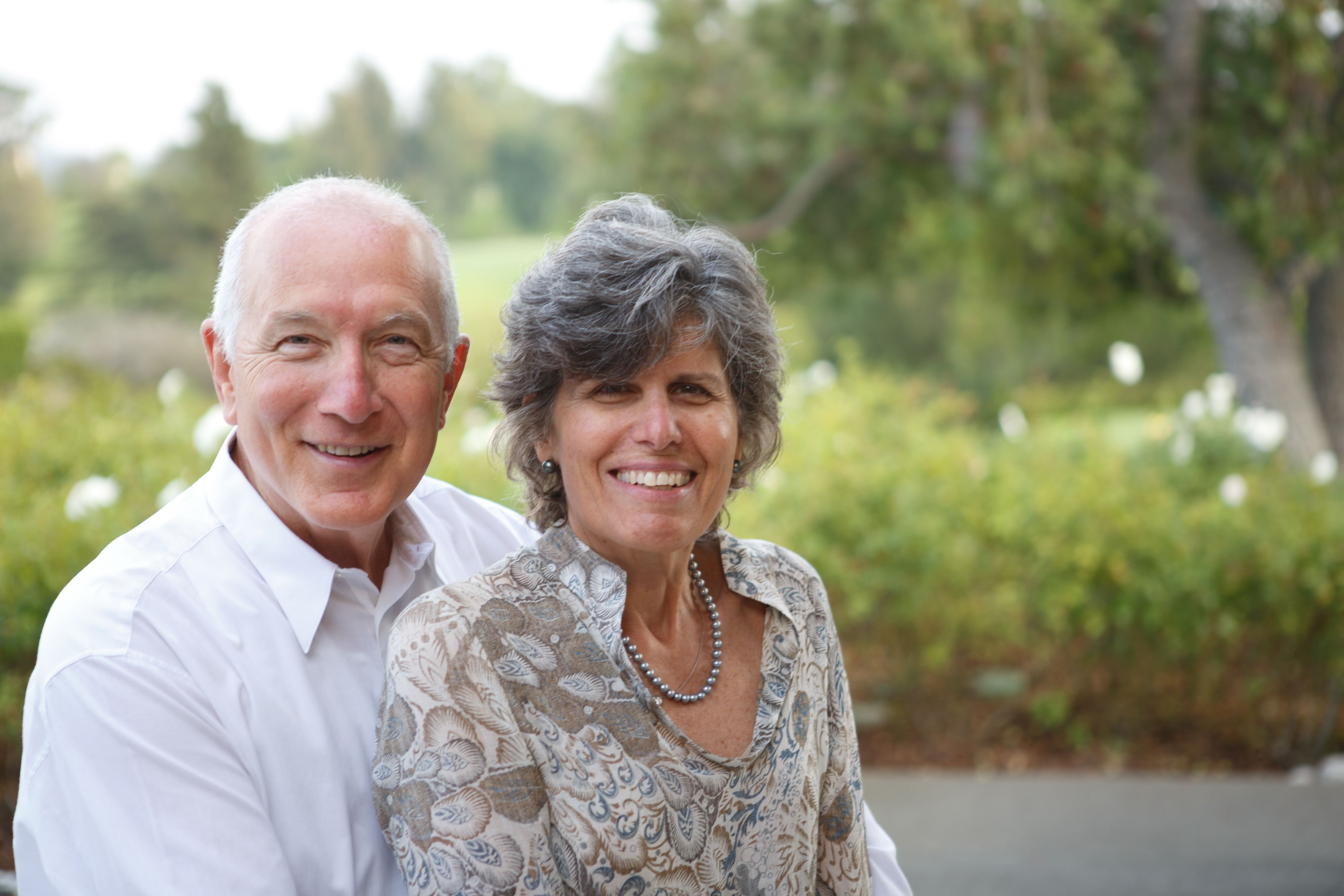By Lisa Kremer
A young girl, captivated by her family’s lively Talmud discussion around the Shabbat table, is prohibited from studying Talmud at school. A frightened girl squeezes her eyes shut as she dunks her body into the ritual bath so that she will be officially recognized as Jewish. A Hassidic high school teacher steals into university lectures and does not tell a soul when she enrolls in a master’s program. A young ultra-Orthodox (Haredi) woman interviews heads of state, writing under a male byline for her political column in a Haredi newspaper, just happy to be published.
These seminal experiences of youth combined with relentless intellectual curiosity drive TAU’s Prof. Vered Noam, MA student Daria Tass, Senior Lecturer Dr. Nechumi Yaffe, and PhD candidate Estee Rieder-Indursky to achieve academic fulfillment. They come from different backgrounds and places. Yet their common ability to overcome the frameworks that might limit them; to break convention; and to forge new academic perspectives led them to find a home at TAU.
Opening the gates of Jewish learning
.jpg)
Prof. Vered Noam. Photo: Muki Schwartz
Prof. Vered Noam, outgoing Head of TAU’s Chaim Rosenberg School of Jewish Studies and Archeology, was awarded the 2020 Israel Prize in Talmudic research—the first woman to be recognized in this subject that women have traditionally been prohibited from studying. “In my family the Talmud [rabbinical discourse on Jewish law and tradition] was a living, breathing part of the atmosphere. It was a way that people I loved connected with one another, and I wanted to participate. But the beit midrash, the Jewish study hall, was closed to girls. I chose academia because I wanted the gates of Jewish learning to open for me, and I knew they wouldn’t in a traditional way.”
Noam’s scholarly work on rabbinic and Second Temple literature and the early halachic period is renowned in academic circles worldwide, yet the Israel Prize committee also noted her tireless efforts to unlock Talmudic literature for all Israelis. For example, she created a virtual beit midrash—the “Yomi” Facebook group—where learners from different backgrounds discuss a daily Talmudic page in a friendly and non-hierarchical atmosphere.
Her inclusive vision has been colored by her many years at TAU’s Entin Faculty of Humanities. She explains: “I am happy that I teach at the most Israeli university—with students from across the spectrum of the population—at the center of Israeli life.” She is particularly proud of Ofakim, the Rosenberg School’s program that trains outstanding students to teach Jewish culture in secular high schools, which was founded and supported by the Posen Foundation. “Ofakim alumni are leaders in Jewish philosophy education, presenting high-level Jewish studies in a pluralistic way.”
Noam believes her first love, the Talmud, encapsulates an open approach to Jewish texts and tradition. Similarly, Noam insists that her accomplishments should not be appraised from a gender-centered perspective; the Talmud should belong to everyone. “Male scholars are free to speak of their research without referring to their gender all the time.”
“Talmud is a charming world brimming with color, humor, and logic. It grants freedom to create bold new ideas and a discussion linking generations across time and place,” she concludes.
|
A Talmudic tale about continuity and change
Moses ascends Mount Sinai, but God is not ready: He is adorning the Torah’s Hebrew letters with crowns for Rabbi Akiva, who will be born generations later and interpret the Torah through his understanding of these crowns. Moses wishes to meet this great rabbi, so God directs him to “walk backwards” into the future.
Moses finds himself in a study hall. Disoriented, he doesn’t understand a word of Rabbi Akiva’s teaching, but his ears perk up and he settles in comfortably when Rabbi Akiva says, “This is Halacha from Moses of Sinai.”
Babylonian Talmud, Tractacte Menachot 29B
“Moses represents written Torah, and Rabbi Akiva oral Torah, or Talmud,” explains Prof. Vered Noam. “This tale shows that Jewish culture has the freedom to change, and the courage to admit change is possible when continuity and ancient texts are honored.”
|
Daria Tass is a recent graduate of TAU’s Ofakim program. Tass’s family immigrated to Israel when she was four years old. Like many post-Soviet Jews, she had to undergo a conversion process.
“I never had a place to process being Russian in Israel—the emotions you feel when you hear you are not Jewish enough, not Israeli enough.
.jpg)
Daria Tass. Photo: Yoram Reshef
My mother decided for me to go through the conversion process. To protect a collective identity, we do need guard posts and gateways, but the process was hurtful and in no way spiritual. I was so terrified standing in the mikveh—the purifying ritual bath.” Tass continues, “Ofakim helped me understand my connection to Judaism, and realize I could and should talk about these things. I can use my personal Jewish history to reach out to secular students and communicate Jewish culture in a way that will speak to them.”
Tass’s feelings reflect the experiences of many Jews from the former USSR, who were persecuted for being Jewish in their birth countries, and then upon arrival in Israel were not considered Jewish.
Starting this academic year, Tass will be teaching at a Tel Aviv high school and continuing at TAU as a master’s student in ancient history, specializing in Persia. While both of her parents and her grandmother hold master’s degrees, having grown up as a new immigrant in a peripheral town, Tass does not take her career in academia for granted. Similarly, her choice of topic for graduate research comes from a personal place. “I am interested in purity as a concept in ancient times. Obviously, my research connects to my experience of being regarded as somehow unclean or not Jewish enough, as well as my experience as a woman, the idea of the mikveh, and aspects of purity relating to women. Female historians bring a different perspective to the study of history; it’s not just about chronicling famous battles. I have been inspired by both men and women scholars at TAU, but in the women, I can see my future self.”
The essence of human dynamics
Senior Lecturer Dr. Nechumi Yaffe gazes out her window at TAU’s Department of Public Policy and feels thankful. Yaffe is the first Haredi woman on tenure-track at an Israeli university, and for her, the green academic village reflects the possibilities before her.
.jpg)
Dr. Nechumi Yaffe. Photo: Yoram Reshef
Yaffe studies poverty in the Haredi community, and “how psychological mechanisms, social norms, and rabbinic authority play a role in creating and perpetuating poverty.” Yaffe seeks to give her MA students, who come to TAU’s Gordon Faculty of Social Sciences with strong opinions formed by years in public and private sectors, “a completely different narrative for thinking about poverty, and how it interacts with psychology, sociology, and public policy.”
Yaffe continues, “My students had to swallow hard when they saw me—I mean I wear a sheitel [wig, for modesty.] Many hold assumptions about the poor as being unmotivated and lacking character, making poor decisions, and leading unbalanced lifestyles. Yet those in poverty are trapped by social structures. And so I present how the burden of change should fall on social systems, rather than on the individual. I have not had one class end on time, as my students ask question after question. They hold leadership positions, and this knowledge can change their professional decision-making and have real-world impact.”
Growing up on her father’s coattails on the men’s side of the synagogue, she was often told that she would have made a great rabbi if she were a boy. Yet finding an outlet for her intellectual curiosity was challenging. As a history teacher armed with a BA, she was tasked with rewriting the curriculum and textbook for Haredi high schools in Israel. To do so, she accessed the National Library on the Hebrew University campus in Jerusalem. “I saw students studying, read fliers about courses and lectures, and knew I had to become part of what was happening—I even snuck into classes,” she laughs. Yaffe chose an interdisciplinary degree to grant her broad knowledge.
She began MA studies in conflict resolution without telling anyone—including her husband, who was surprised to find a tuition receipt in the mail. “I didn’t know political psychology existed,” Yaffe says. “But I was interested in group dynamics and power structures, something I became aware of as a child when my parents divorced and my siblings and I dealt with the reaction of the community and our school. We were judged for something we had not done, and we knew that was wrong.”
After earning an MA and PhD at Hebrew University, Yaffe moved her family to Brooklyn, New York, for her postdoc at Princeton University. There, she worked at the research center of Nobel Prize winner Prof. Daniel Kahneman, together with Eldar Shafir, the center’s director, and MacArthur Prize Winner Betsy Levy Paluck—both of whom she continues to collaborate with today.
Transitioning her family back to Jerusalem, she found her daughter in a similar position to hers after her parents’ divorce: a persona non grata due to Yaffe’s occupation. “People in the community are nicer than anticipated about my career,” Yaffe continues, “But the system is meaner. It took a long time to find a good school that would accept my daughter.”
Yaffe has tirelessly pursued what she wants—to expand her intellectual universe and remain within the folds of her community. These two desires may seem at odds, but Nechumi Yaffe insists she is simply being herself: A Hassidic woman with intense curiosity and intellectual ability. “It is not a contradiction for me to be in academia,” she explains. “Hassidism looks at the essence, the inner reason for why things happen. My scientific work discovering the essence of human dynamics is another form of Hassidism.”
Scaling the beautiful mountain of academia
.jpg)
Estee Rieder-Indursky. Photo: Yoram Reshef
Estee Rieder-Indursky is completing a PhD in the Gender Studies Program at the Porter School of Cultural Studies, Entin Faculty of Humanities. She is the 2020 recipient of the Dan David Prize for Doctoral Students for her research on discourses of Haredi women who study the Talmud. “As a Haredi woman, I never considered that women would learn Talmud,” says Rieder-Indursky. “Now, I have interviewed over 30 for my research.” In fact, many things have come to pass that Rieder-Indursky could not have imagined earlier in her life.
Rieder-Indursky married in her early twenties and quickly separated, a young son in tow. She worked as a journalist, “interviewing experts and heads of state and writing about politics for Haredi newspapers under a male byline, because it is a ‘men’s subject.’ It didn’t even occur to me to question that—I was happy to be working, published, and able to support my son.”
“Growing up, I had a public library card, which was rare in our community. I was a voracious reader, which I guess taught me to write. Later, when I interviewed academic experts for work, I loved visiting campuses and would come early and leave late just to soak it all in,” says Rieder-Indursky. After she was granted a Jewish divorce, she remarried at age 38 and began undergraduate studies in government at IDC Herzliya. “I was debating about the Haredi community with a professor and he said, ‘If you want to be taken seriously, you need a doctorate.’ And I thought to myself, ‘Okay, I am going to be you.’” And she meant it.
At around the same time, she experienced a feminist awakening when she was invited to a meeting of Haredi women in a Bnei Brak basement. “We shared our experiences. I listened to myself tell my story, and I listened to others’ stories about being a wife, a mother, a woman in our community. By the time I climbed the steps out of that basement, I was a feminist.”
“I am interested in uncovering the theoretical structure of Haredi feminism. I want to give voice to women who have not been heard from before in academic research.” She is a board member of Itach Maaci–Women Lawyers for Social Justice, and took part in the No Voice, No Vote campaign—a political movement for Haredi women’s representation. She was an active member of a coalition that petitioned the Supreme Court and, in 2018, achieved a historic correction: Haredi political parties can no longer bar women from their ranks de jure.
Her MA thesis on Haredi women and political activity was published in a prize-winning Hebrew book, Invisible Women. Rieder-Indursky’s book—and her unique perspective in Israeli academia—made waves. In addition, former TAU President Joseph Klafter advised with her on integrating Haredim into academia.
Now, alongside her doctoral research, she teaches two TAU courses, “Media, Activism, and Multiculturalism through a Feminist Prism” and “Women in Politics—the Personal is Political.” “Students have told me that my courses transform the way they think and speak,” Rieder-Indursky says. “If you had told me twenty years ago that I would be pursuing a PhD and teaching at Tel Aviv University, I could never have believed it. Back then academia was a beautiful mountain that I never knew I would have the chance to climb.”
featured image: Photo: Yoram Reshef.

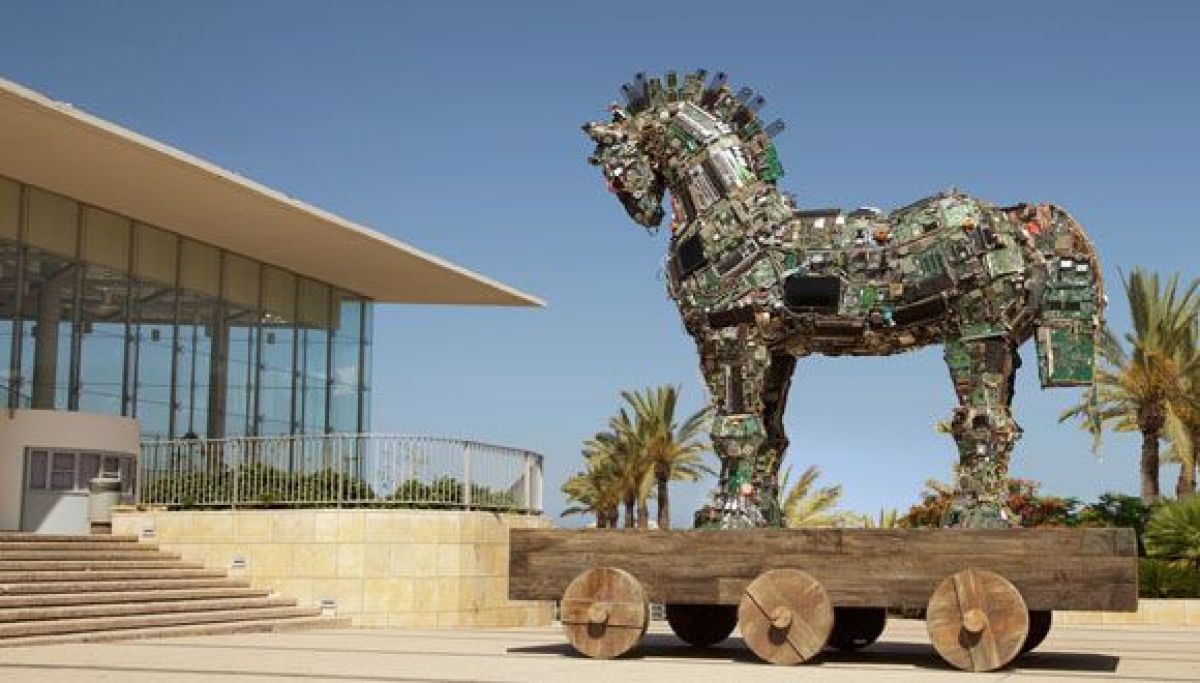
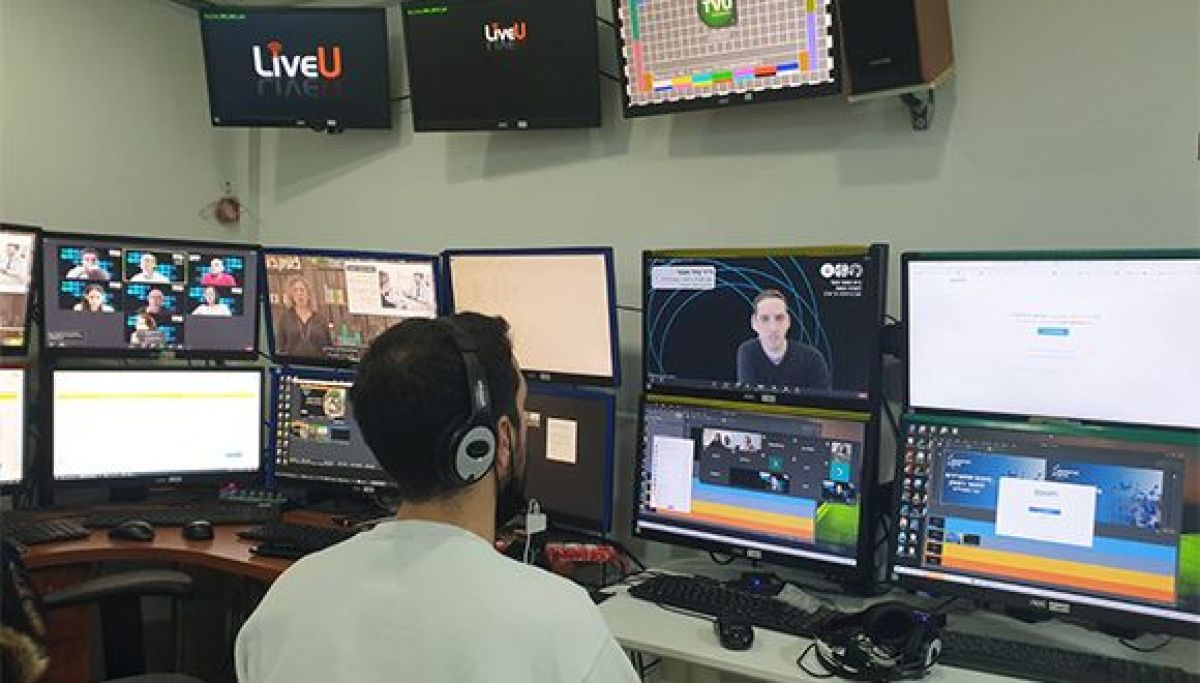

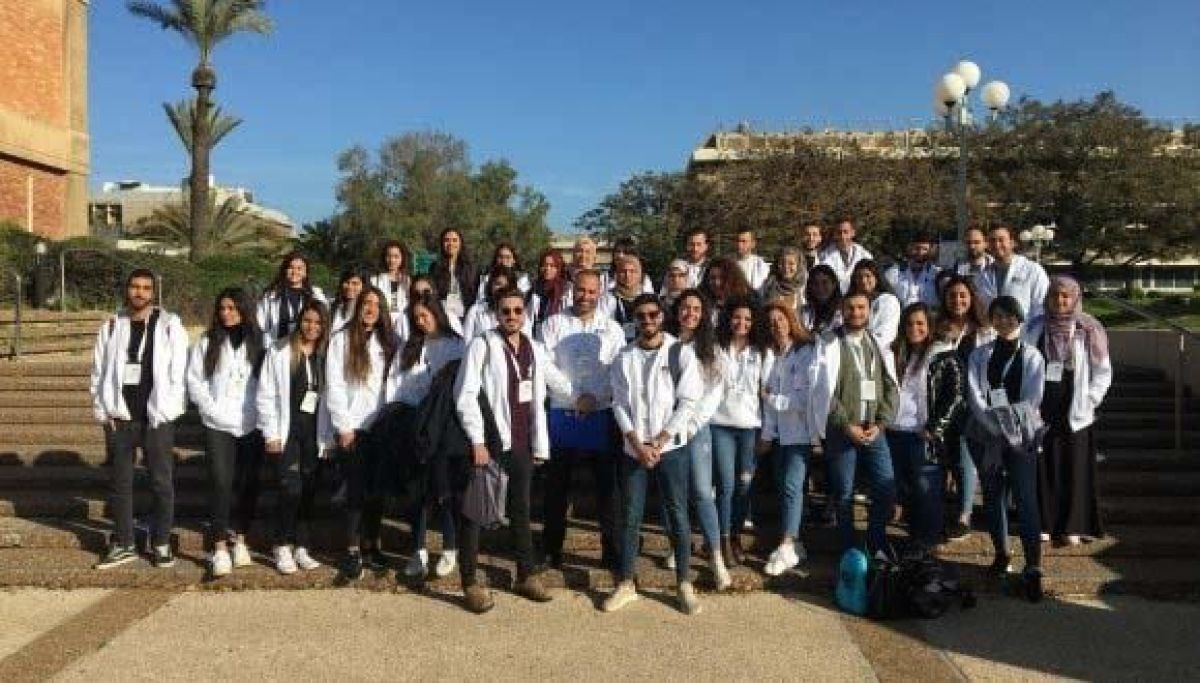
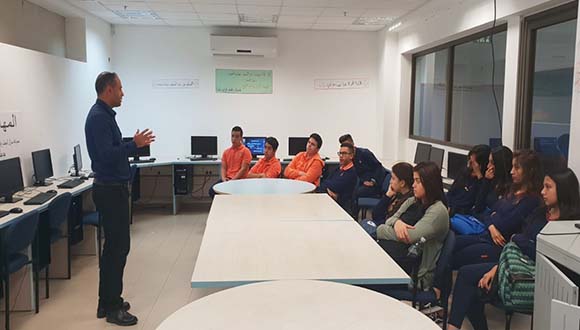

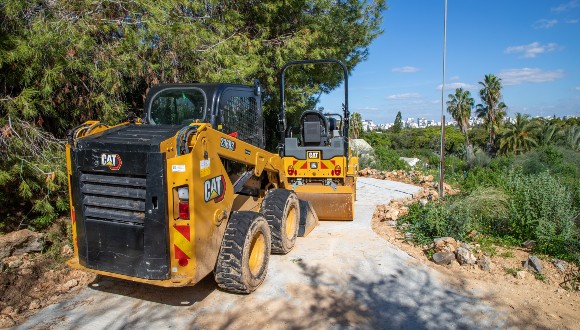
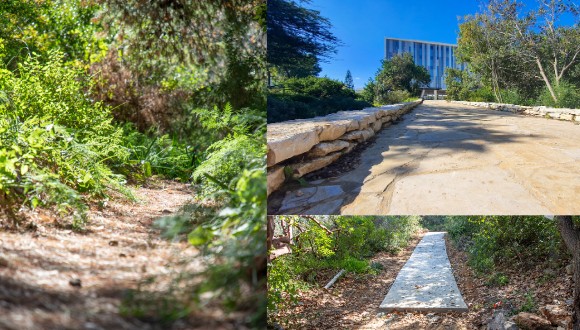 A variety of paths throughout the Garden. (Left): A natural blanket of pine needles is reminiscent of a walk through the Carmel Forest. Photos: Rafael Ben-Menashe.
A variety of paths throughout the Garden. (Left): A natural blanket of pine needles is reminiscent of a walk through the Carmel Forest. Photos: Rafael Ben-Menashe.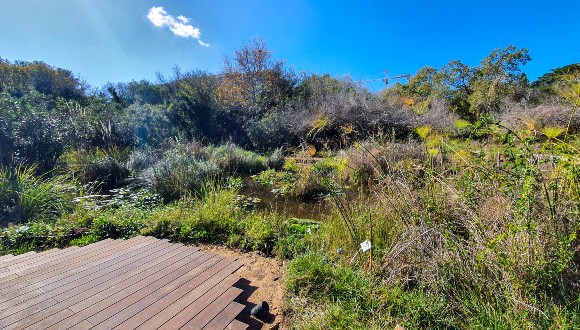 Water pond with newly added wooden deck. Photo: Moshe Bedarshi.
Water pond with newly added wooden deck. Photo: Moshe Bedarshi..jpg)
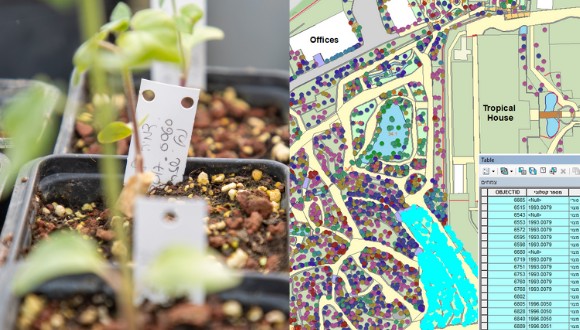
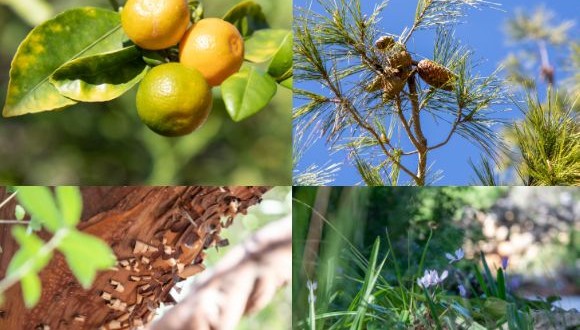

.jpg)
.jpg)
.jpg)
.jpg)

